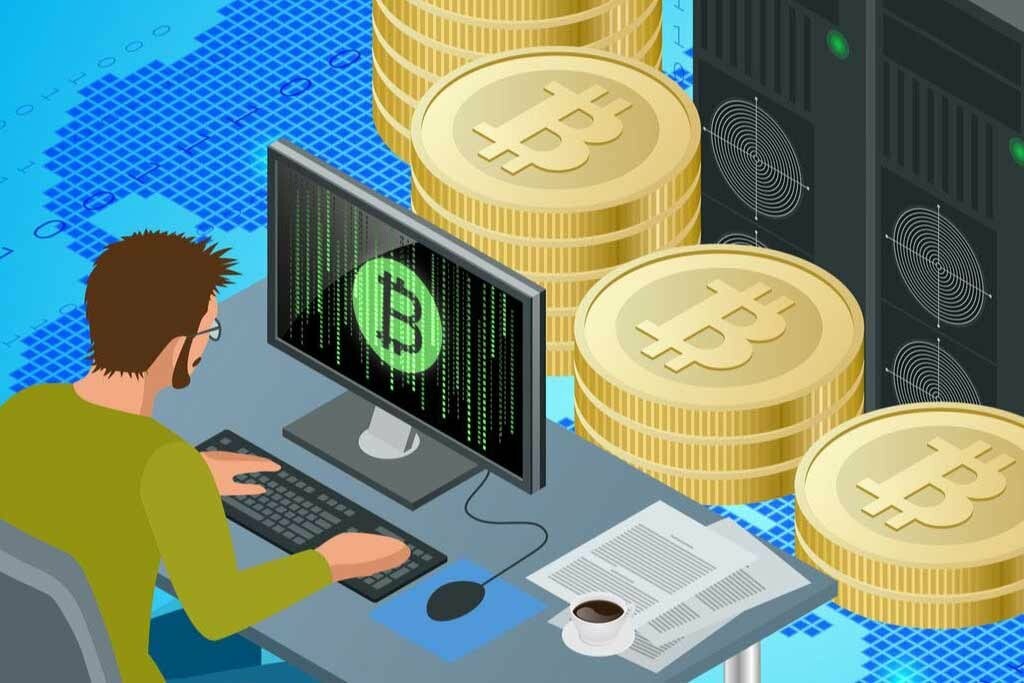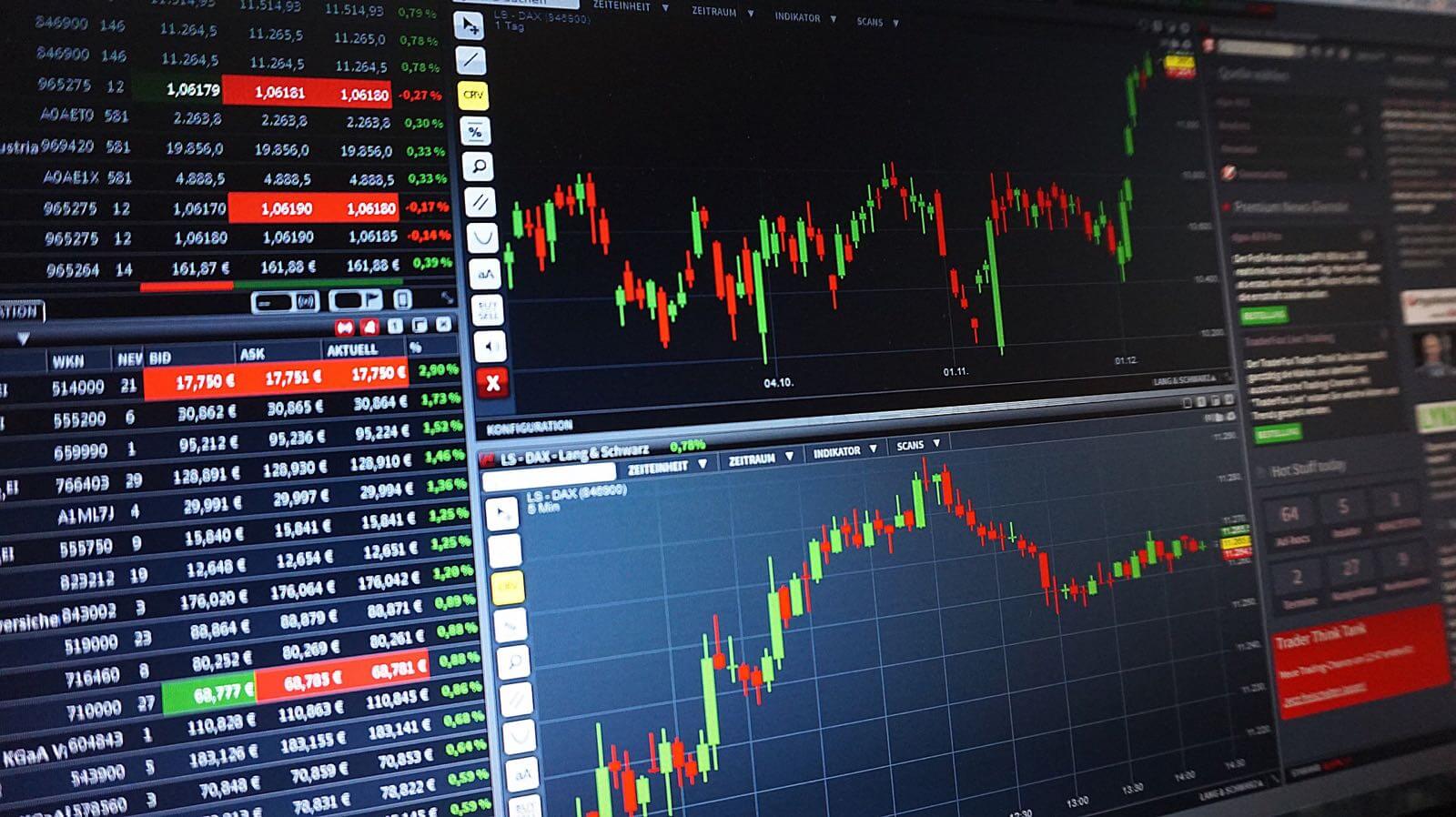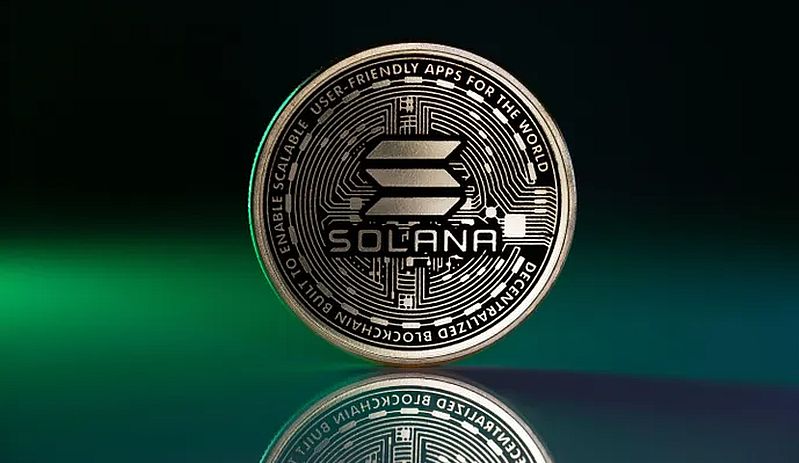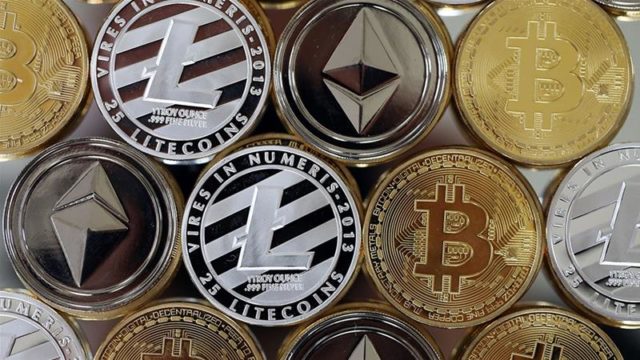How to choose an exchange for cryptocurrency trading.


Cryptocurrency by itself is just a set of coins that can be earned. In real life, however, crypto can hardly help without an incredible number of tools. This refers to exchanges, wallets, and other platforms.
Therefore, the question of how to choose a cryptocurrency exchange is quite relevant for anyone who plans to buy a couple of coins. How to choose an exchange depends on many factors. After all, one exchange offers exchange services, another allows transfers to different wallets, or even provides informational support. All these nuances are incredibly important.
How to choose an exchange for cryptocurrency trading?

First, let’s understand what an exchange is. Essentially, it is a platform where users can buy, sell, and exchange cryptocurrencies like Bitcoin, Ethereum, and other digital assets. Thus, it is a kind of exchange point but with coins. Based on this, literally any investor in crypto needs to think about how to choose a crypto exchange to avoid losing their earnings in the future.
It is also important to mention that these exchanges play a key role in the cryptocurrency ecosystem by providing a convenient way to trade and store digital assets. In other words, without them, no investor will simply earn money.

Next, if the role of exchanges in this process is clear, it is worth understanding what types of such platforms currently exist. The first segment of such modern exchanges is centralized. They are the most popular and convenient, as well as simple and Time-tested. They are managed by one organization or company that is responsible for maintaining the platform and storing users’ assets. What are the most popular platforms of this type:
-
Binance;
-
Coinbase;
-
Kraken;
-
Bitfinex.
Such exchanges have many advantages. For example, high liquidity and trading volumes, a convenient interface and ease of use, and these exchanges often offer additional services like margin trading, staking, and lending. However, such exchanges also have their drawbacks. Users entrust their funds to a third party, which creates the risk of asset loss in the event of a hack or fraud.

The second option can be decentralized exchanges. They operate based on blockchain and smart contracts, allowing users to trade directly with each other without intermediaries. Examples of such exchanges include:
-
Uniswap;
-
SushiSwap;
-
PancakeSwap;
-
Balancer.
As for the advantages, users control their assets throughout the trading process, which reduces the risk of theft. Furthermore, such exchanges have a high level of decentralization and resistance to censorship. Regarding the disadvantages, these exchanges have lower liquidity and trading volumes compared to centralized exchanges, with high fees on some blockchains (for example, Ethereum).

When it comes to choosing a network for transferring cryptocurrency, it is worth paying attention to hybrid exchanges. They combine elements of centralized and decentralized platforms. Such exchanges aim to provide users with the convenience and liquidity of the first type while maintaining security and control over assets like the second type of exchanges. The exchanges in question include Nash and Qurrex.
The advantages of such exchanges include:
-
A combination of the convenience of centralized exchanges and the security of decentralized ones.
-
Improved liquidity and performance.
Exchanges also have their disadvantages:
-
The technology is still developing, and such exchanges are less common.
-
There may be problems with scalability and efficiency.
As for the choice, it is quite vast.
How do cryptocurrency exchanges work?
To choose an exchange, it is necessary to understand how they work. First of all, let’s look at registration on the exchange. On centralized exchanges, users register by creating an account and often go through the KYC (Know Your Customer) procedure to verify their identity. On decentralized exchanges, registration is not required—users connect directly through crypto wallets. So, already in this aspect, there are different options.
Exchanges also differ in how account funding occurs. Users fund their accounts with cryptocurrencies or fiat money (such as dollars, euros) via bank transfer, credit card, or other methods. Depending on the exchange, this process can take varying amounts of time.
Regarding trading, this is where the exchange helps. Users can place orders to buy or sell cryptocurrency. Orders can be market orders (executed at the current price) or limit orders (executed when the price reaches a certain level). On decentralized exchanges, trading is conducted through smart contracts that automatically execute trades when the conditions are met.
Special attention should also be paid to how assets are stored. On centralized exchanges, cryptocurrencies are stored in user accounts within the platform. On decentralized exchanges, assets remain in users’ personal wallets until the moment of exchange. For successful investing in crypto, it is necessary to withdraw funds and do so quite often. Users can withdraw their cryptocurrencies or fiat money to external wallets or bank accounts.

Choosing a cryptocurrency exchange depends on many factors that are important to consider based on your needs, experience, and preferences. It is also worthwhile to pay attention to the security of the exchange. In general, before using a particular platform, it is helpful to conduct some research: check if there were any hacks of the platform in the past or if there were any data leaks. The issue of security is incredibly important, considering how much money can be earned from cryptocurrency. In everything else, a combination of factors is more important, as well as convenience for the investor themselves. Even the country where they live can influence the choice of a specific exchange.
Overall, cryptocurrency exchanges play a key role in the cryptocurrency ecosystem, providing convenient tools for trading and managing digital assets. The choice between a centralized and a decentralized exchange depends on the user’s preferences regarding convenience, security, and control over their assets. Based on all these criteria, there is plenty to choose from.
Read also
- What to see in Bukovel: winter, summer and autumn
- What to see in Iceland: in winter, in summer, on a tour
- What is p2p and pay2pay transfer
- Best Adult Films: TOP 5 Films
- Guy Ritchie's Best Films: TOP by Rating
- The most unstable currencies in the world









